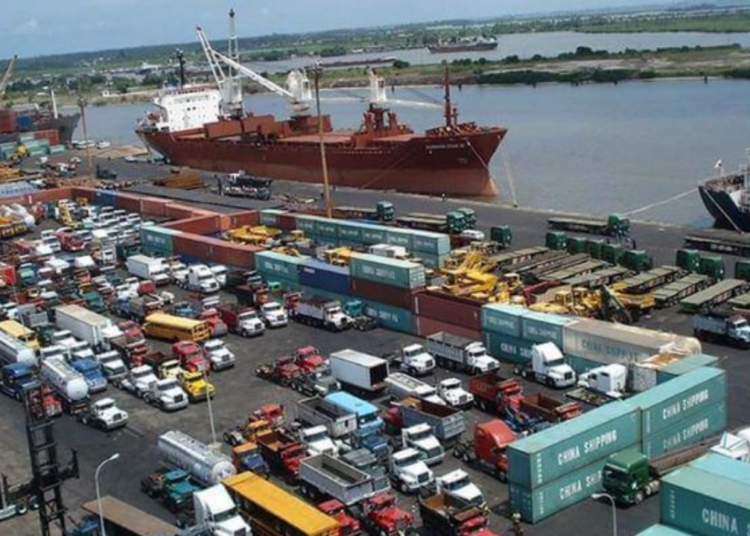The Nigerian Ports Authority (NPA), has secured the federal government’s backing to ensure that the nation’s seaports are freed of overtime cargoes, in its determination to decongest Apapa, Tin-Can Island and Onne Ports.
With this, the federal government is now concluding plans to auction about 3,200 units of overtime cars and 4,251 overtime containers that have been occupying ample spaces for stacking imported cargo at the nation’s seaport.
This was the outcome of the inter-agency assessment tour of the overtime cargoes littering the ports led by Magdelene Ajani, permanent secretary of the Federal Ministry of Transportation.
Federal government agencies comprising the Nigerian Ports Authority (NPA), Nigerian Customs Service and the Nigerian Shippers’ Council (NSC) embarked on the joint assessment tour on June 23, 2023.
After the assessment tour, an all-stakeholder sensitisation meeting involving shipping lines, and the association of freight forwarders and clearing agents was convened on Monday, June 26, 2023, where it was unanimously agreed that all cargoes and containers that have overstayed their required time at the ports should be auctioned “in-situ” (In their current locations) and removed immediately from the ports.
To assure transparency and inclusiveness, the modalities to govern the auction process will be finalised by all stakeholders, after a similar sensitisation meeting with stakeholders is held in the eastern ports of Warri, Rivers, Onne and Calabar, according to BusinessDay reports.
It was discovered that the Lagos and Tin-Can Island Port Complexes and the terminals therein including Ikorodu Lighter Terminal have over the years, been occupied by 3,200 units of overtime cars and about 3,295 units of overtime containers respectively, while the eastern ports have a combined total of 956 overtime containers.
In addition to constraining terminal spaces required for seamless cargo handling operations at the ports, the situation has contributed to the deterioration of port infrastructure which are designed as transit locations as opposed to holding dead weight tonnages of overtime cargo for years.
Under the Customs and Exercise Management Act (CEMA), a cargo is classified as overtime if the importer fails to clear it after 90 days of arrival at the port. All overtime cargo is subject to seizure after which it is auctioned under the Customs e-Auction platform.
Recall that Mohammed Bello-Koko, managing director of NPA had at several forums sought the cooperation of Customs to ensure speedy removal of overtime cargo from the ports and terminal yards in order to free up space and preserve the durability of the capital-intensive port infrastructure.
According to Bello-Koko, evacuating overtime cargo will decongest the ports to pave the way for efficient operations.











